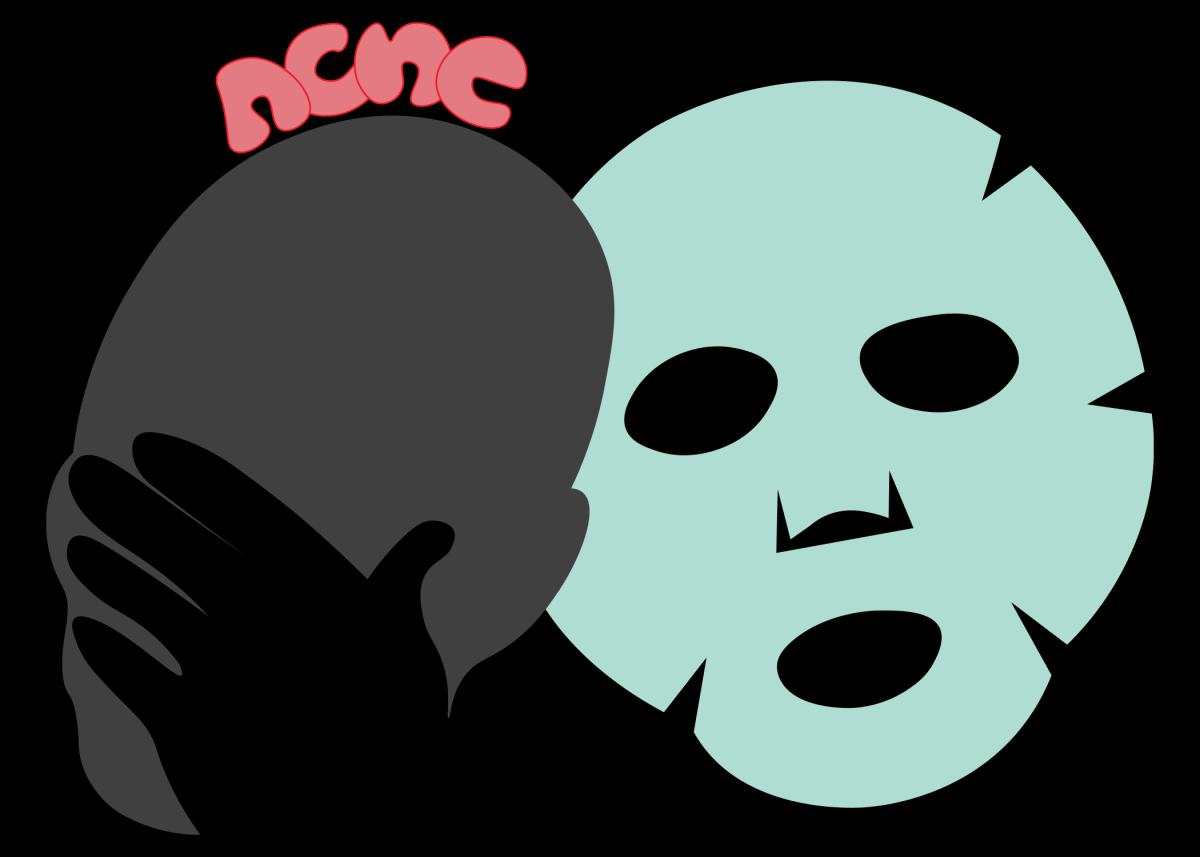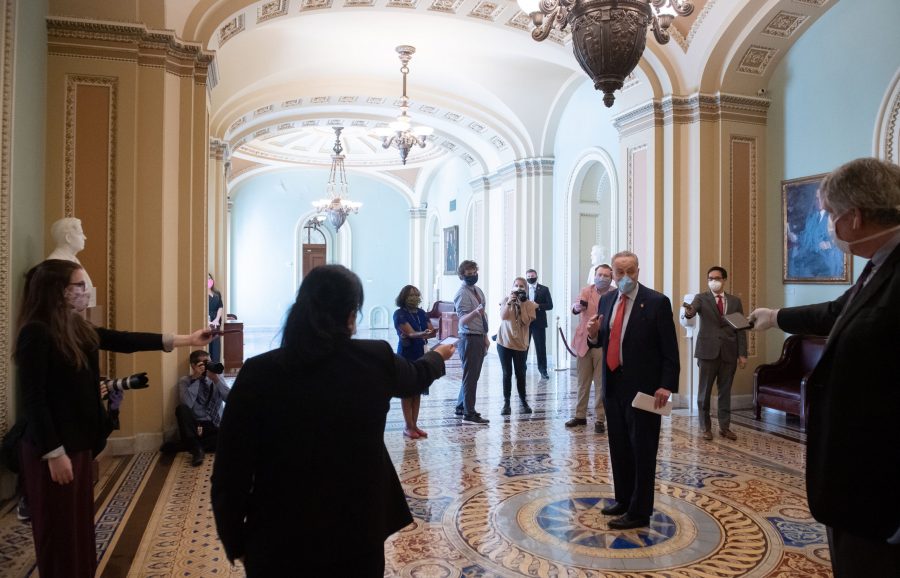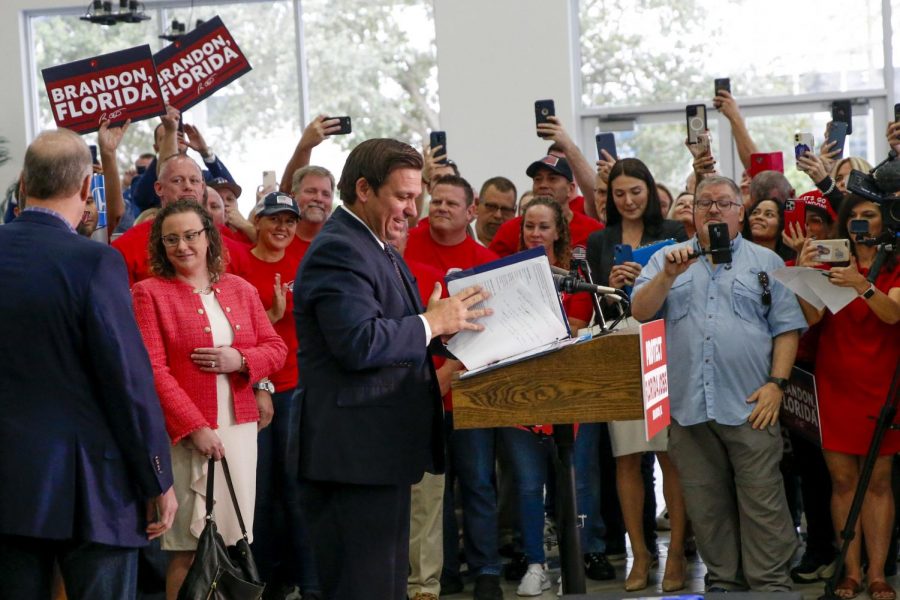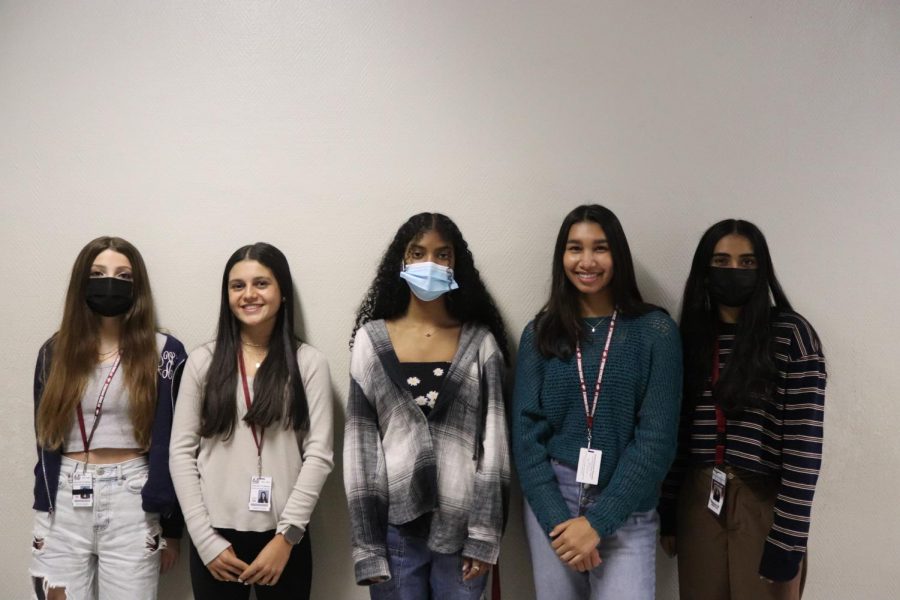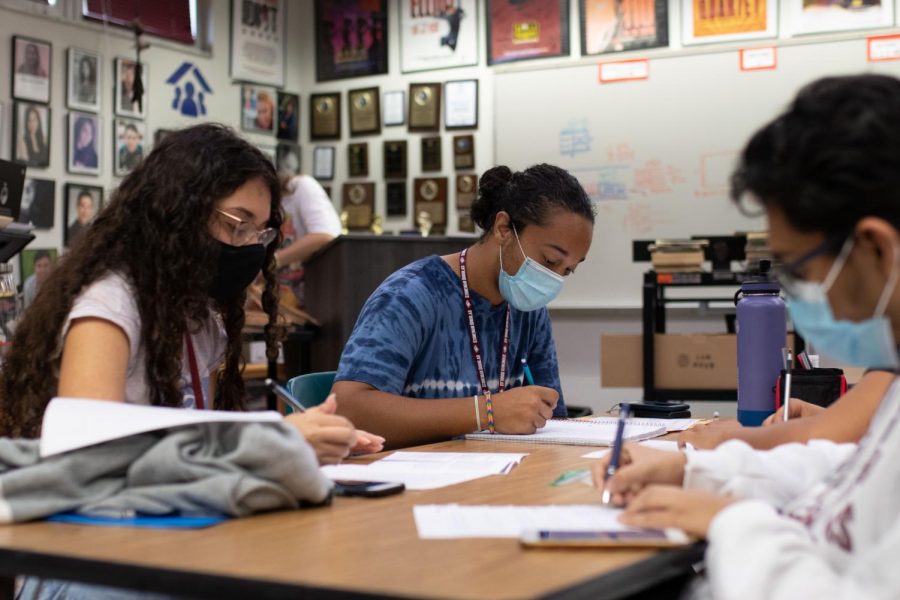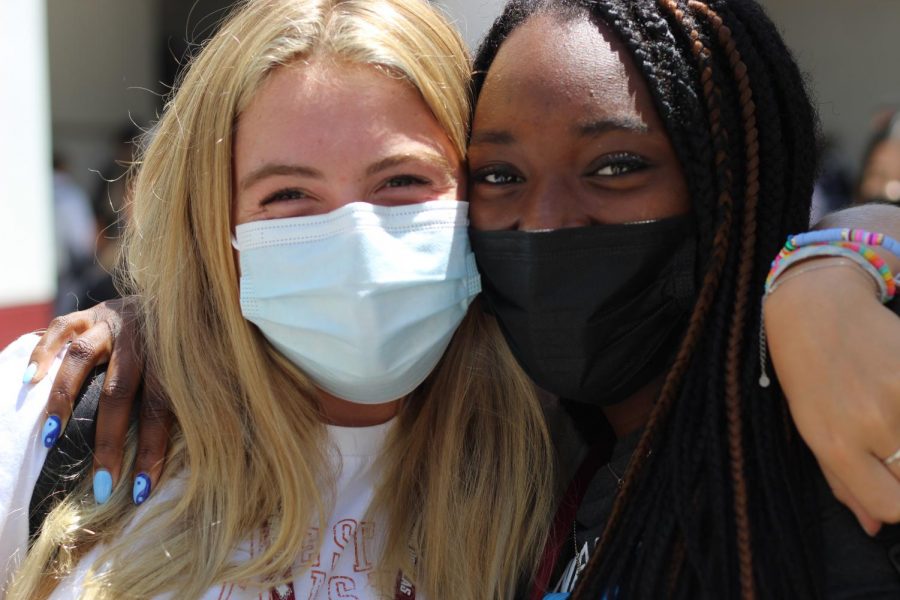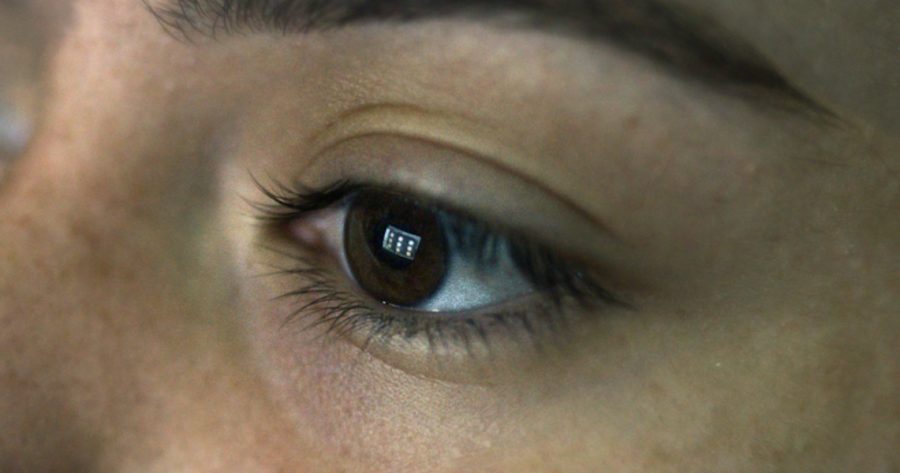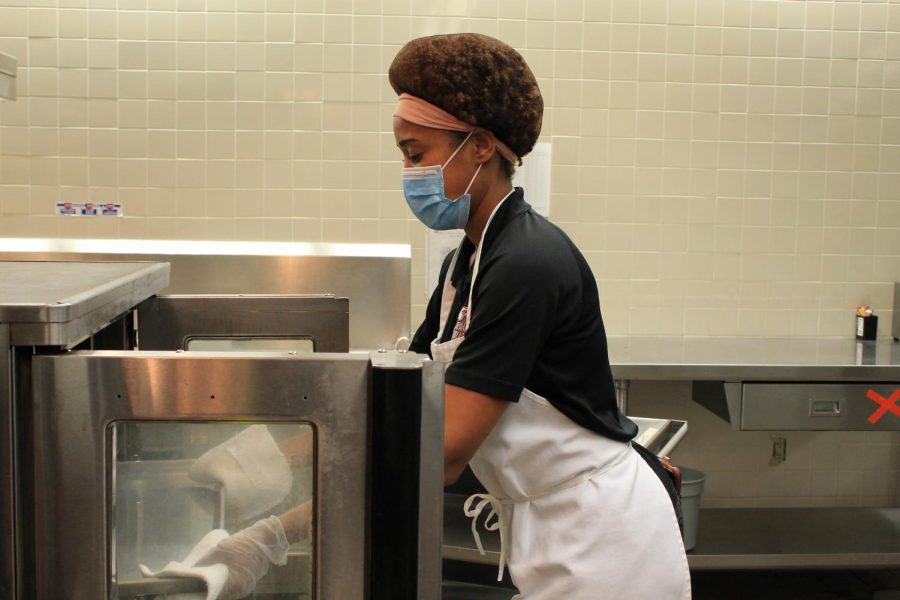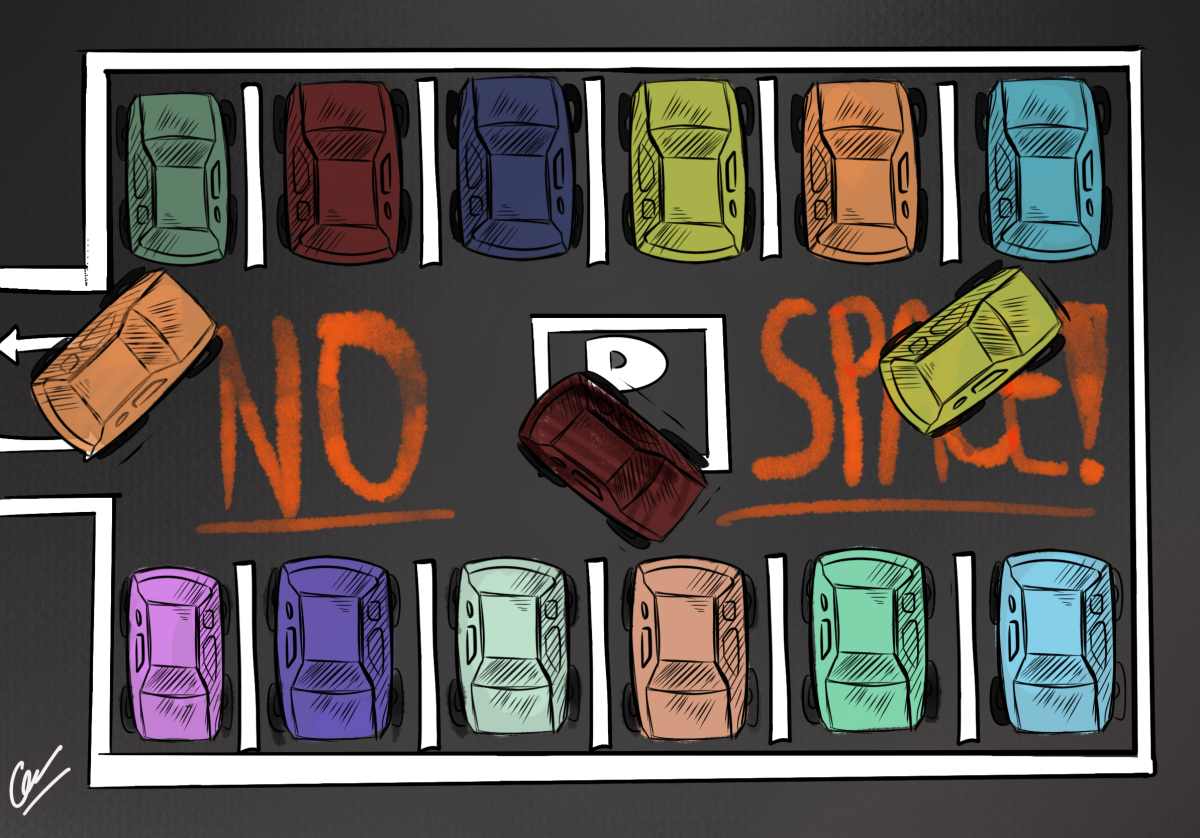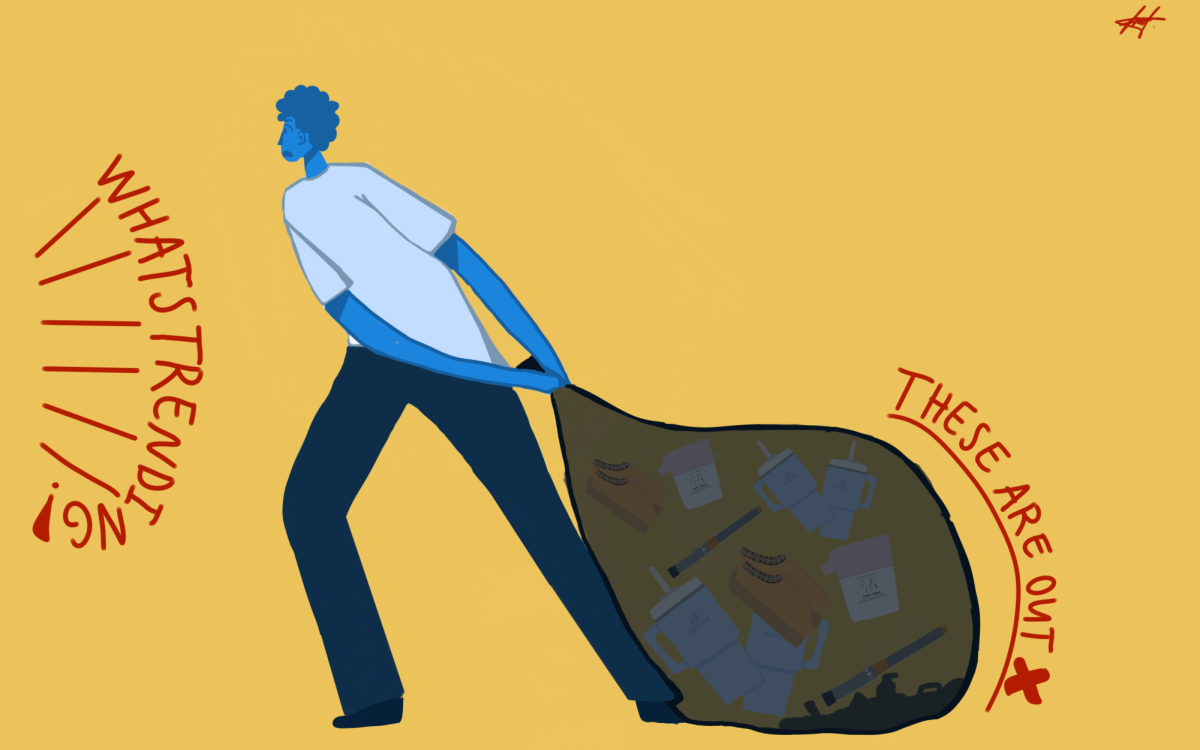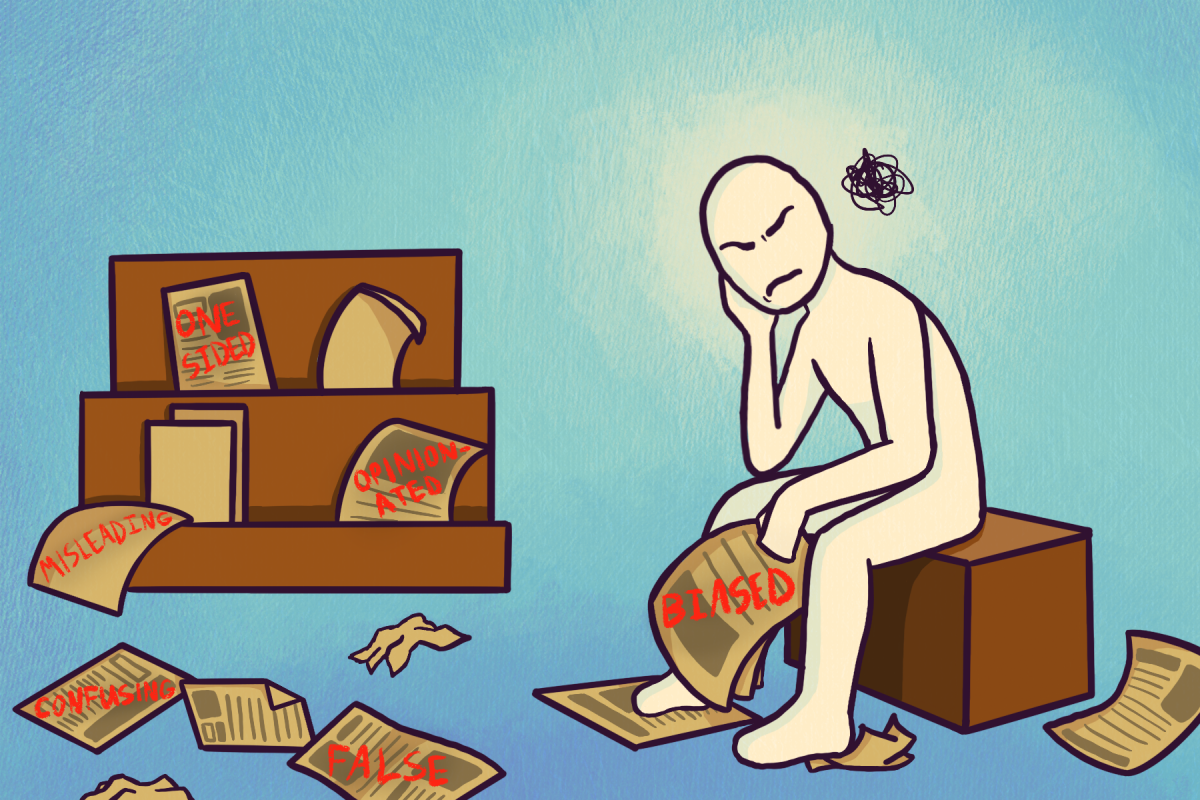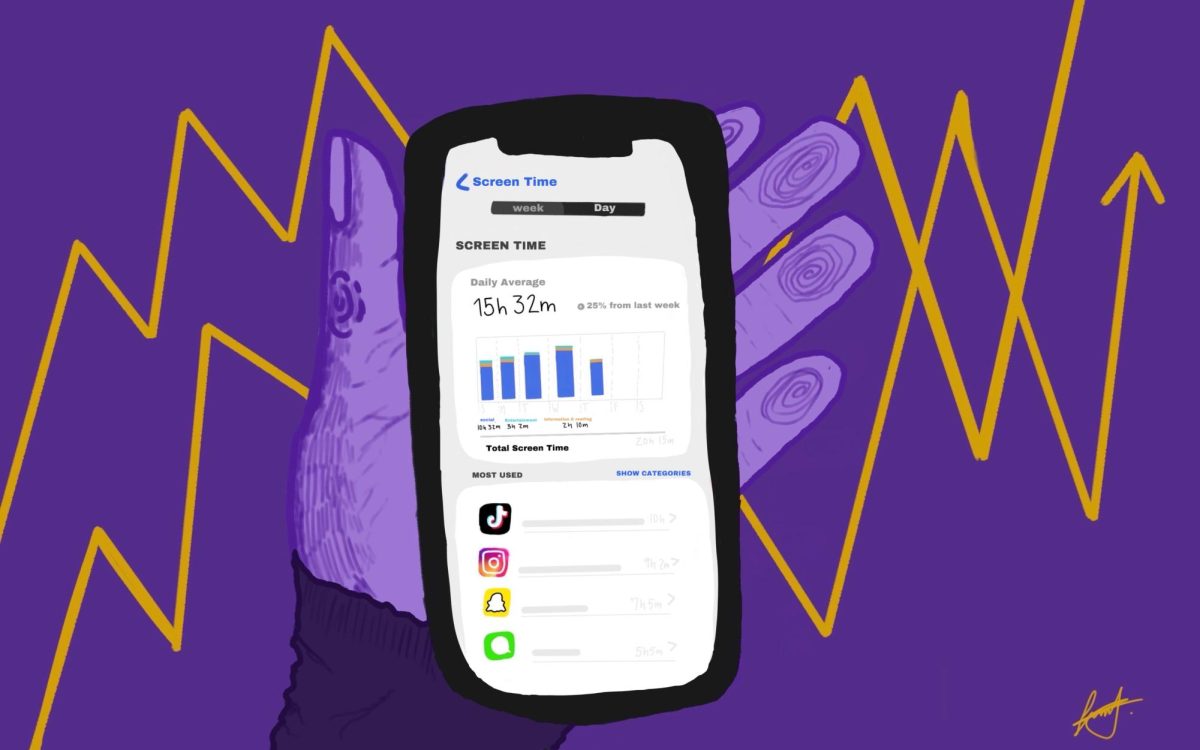
When the year 2020 is looked back upon by historians, it will be defined by the COVID-19 pandemic.
It was around February and March when the novel coronavirus began to impact the daily lives of Americans, leading to widespread lockdown mandates and self-quarantine. The virus, which is around ten times more deadly than the swine flu, is known to cause acute respiratory symptoms and has caused almost 100,000 deaths in the U.S. as of mid-May.
The disease has also led to an economic crisis, as the inability of many employees to safely participate in the in-person consumer market has led to record-breaking unemployment rates. As a result of this, it has set the conditions for what many economists are signaling will become a depression.
Large amounts of public scrutiny have been focused on U.S. President Donald Trump, who has been criticized for his botched handling of the crisis and his failure at utilizing the full powers of the federal government to help combat the spread of the disease.
While one can make a solid case supporting how Donald Trump has completely mishandled this virus, in many ways, the disaster that is COVID-19 is a result of many structural issues that have plagued America for decades.
This virus has exposed vast problems with the United States medical infrastructure. The profit-based health system of the U.S. has shifted the focus of healthcare from service to industry.
This is not to say that individual doctors don’t have their patients’ best interest in mind, but it appears that the current system promotes efficiency over all else, and as a result, many people, most notably people who don’t have health insurance or are underinsured, have a cost barrier between themselves and effective medical care.
This crisis also has particularly affected people of color, a reflection of the historical oppression and struggle that minority groups have faced and continue to face. One particular group that is being negatively affected by this virus is African-Americans. As a result of systemic poverty and a lack of equitable conditions, they are dying at an extremely disproportionate rate compared to all other individuals with predominantly black counties experiencing a death rate six times that of their white counterparts.
Along with their higher death rate, these same counties are also experiencing an infection rate three times higher than that of white counties, likely attributable to the systemic poverty of many urban communities, as African-Americans are over-represented as frontline workers and many do not have the option to work from home.
This virus has additionally exposed the structural problems of American politics and the issues with the austerity-driven policies of the state, in which many forms of public spending were cut.
Florida proves this point due to the fact that its Republican-controlled legislature has a large history of attacking essential programs like unemployment. Come the pandemic, it is no surprise that the system simply didn’t have the infrastructure to keep up with increasing unemployment rates, a systemic failure currently affecting many unemployed individuals.
Furthermore, Congress’s fear of any form of a social safety net has vastly increased the negative impact of the coronavirus. As much as one might want to, it is impossible for some people to stay home if they need to work a job that can’t be done from home to put food on their table.
Congress’s inability to pass any substantive relief, past a meager $1,200 stimulus check, is simply unimpressive. It simply continues a trend of running away from effective public spending.
This was best reflected by Sen. Lindsey Graham of South Carolina who vowed not to raise unemployment benefits as he didn’t want people to collect more than they would from a job. Graham failed to see how the government could both raise wages and unemployment, still providing for people, while fulfilling the Senator’s insistence on providing financial incentives for work.
COVID-19 has shown the systemic inadequacies of many staples of American society. Regardless of how it is achieved, it seems clear that large amounts of change are required before these structures start keeping the wellbeing of average individuals in mind.





